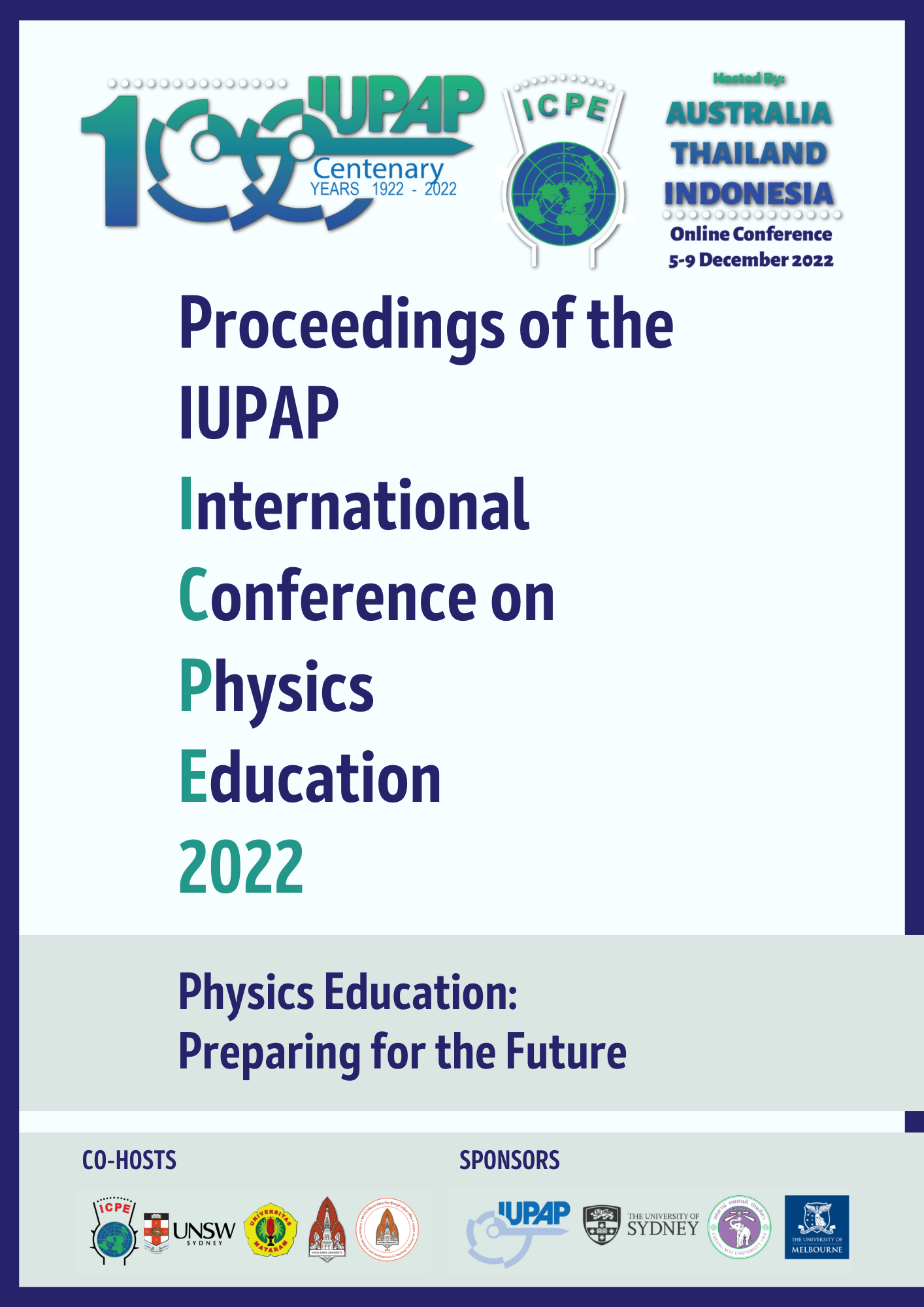Phyphox smartphone labs in physics education
Breaking the vicious circle of student disengagement
Keywords:
Communities of practice, educational technology, live data collection and analysis, smartphone, phyphox, physics labs, problem-based learning, teacher educationAbstract
Since the late 1960s, there has been a consensus that rote science learning has long-range negative consequences for student learning. Across the Western world, a number of well-funded reforms attempted to address this problem. Yet, the vicious circle of student science disengagement has continued. We believe that one of the reasons for this phenomenon is that, by and large, science teaching hasn’t changed sufficiently to meet the changing needs of the 21st century students. While many novel science education technologies have emerged lately, few secondary teachers have taken full advantage of these innovative tools. Surprisingly, instead of using already available technology, such as phyphox smartphone app (Staacks et al., 2018), to alter how secondary students engage with physics learning, technology is too often used to support old ways of learning physics, such as passively watching videos of recorded experiments or doing cookbook labs with computer simulations. Even the COVID-19 school closures and remote teaching are yet to become catalysts for re-evaluating secondary student science engagement. Paradoxically, as students become more engaged with their new digital tools (e.g., smartphones) in their personal lives, they become more disengaged from their formal K-12 science learning.
We discuss how smartphones, novel technologies that 21st century students already have in their pockets and use daily for social interactions, can help break the vicious circle of secondary science disengagement by inspiring students to do data-driven science at school and at home (Milner-Bolotin & Milner, 2022; Milner-Bolotin et al., 2021). First, we propose a pedagogical approach for using smartphones in a science classroom to conduct hands-on inquiry that focuses on experimental design, data collection, and analysis. Second, we describe our experience of using this approach in a secondary physics classroom, as well as during the province-wide annual Physics Olympics event that takes place at the University of British Columbia (Milner-Bolotin et al., 2019). Third, we discuss how science educators can support new and practicing teachers in implementing this novel smartphone technology – phyphox – in their classrooms through mentorship during the physics teacher education and professional communities of practice.
REFERENCESMilner-Bolotin, M., Liao, T., & McKenna, J. (2019). UBC Physics Olympics: Forty-one years of province-wide physics outreach. International Newsletter on Physics Education: International Commission on Physics Education - International Union of Pure and Applied Physics, 70(November), 5-6. https://mailchi.mp/a448561565a8/icpe-newsletter-issue-70-november-2019?e=[UNIQID]
Milner-Bolotin, M., & Milner, V. (2022). Smartphone applications as a catalyst for active learning in chemistry: Investigating the Ideal Gas Law. In Y. J. Dori, C. Ngai, & G. Szteinberg (Eds.), Digital tools for equitable in person and remote chemistry learning (pp. 20). Royal Society of Chemistry.
Milner-Bolotin, M., Milner, V., Tasnadi, A. M., Weck, H. T., Gromas, I., & Ispanovity, P. D. (2021). Contemporary experiments and new devices in physics classrooms. GIREP - Physics Education Conference 2019 Proceedings. http://fiztan.phd.elte.hu/english/student/devices.pdf
Staacks, S., Hütz, S., Heinke, H., & Stampfer, C. (2018). Advanced tools for smartphone-based experiments: phyphox. Physics education, 53(4), 045009. https://doi.org/10.1088/1361-6552/aac05e
Downloads
Published
Issue
Section
License
Authors who publish with the Proceedings of the International Conference on Physics Education 2022 agree to the following terms:
a) Authors retain copyright and grant the journal right of first publication with the work simultaneously licensed under a Creative Commons Attribution License (https://creativecommons.org/licenses/by/4.0/) that allows others to share the work with an acknowledgement of the work's authorship and initial publication in this journal.
b) Authors are able to enter into separate, additional contractual arrangements for the non-exclusive distribution of the journal's published version of the work (e.g., post it to an institutional repository or publish it in a book), with an acknowledgement of its initial publication in this journal.
c) Authors are permitted and encouraged to post their work online (e.g., in institutional repositories or on their website) prior to and during the submission process, as it can lead to productive exchanges, as well as earlier and greater citation of published work (See The Effect of Open Access - http://opcit.eprints.org/oacitation-biblio.html).
Privacy Statement The names and email addresses entered in the Proceedings of the International Conference on Physics Education 2022 site will be used exclusively for the stated purposes of this journal and will not be made available for any other purpose or to any other party.
